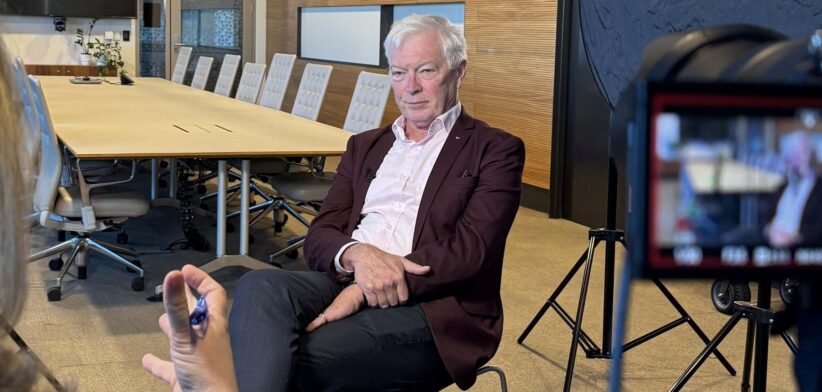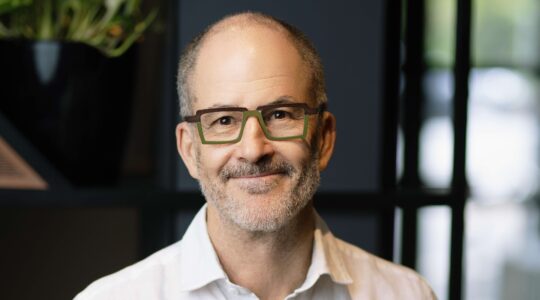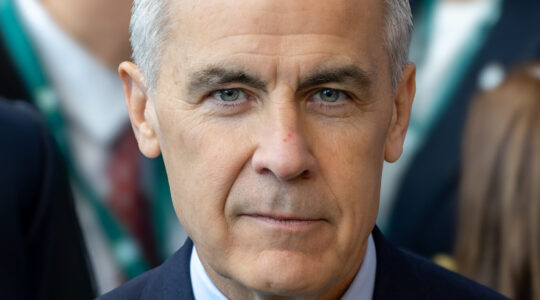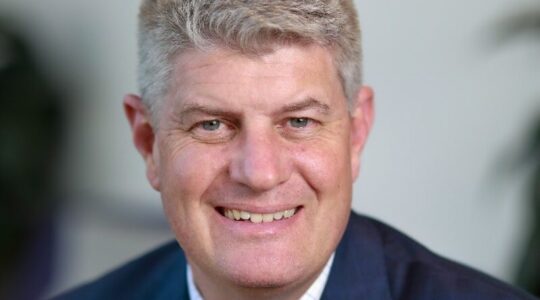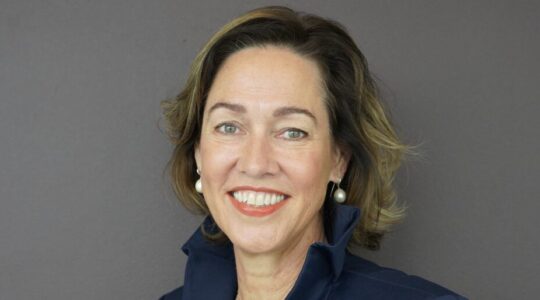A diary mishap and chance meeting with a Prime Minister led to a $20 million bonus for the QIMR Berghofer Medical Research Institute.
In the first of a special podcast series to commemorate the Herston-based facility’s 80 years of medical research in Queensland, former QIMR Berghofer director Professor Michael Good shared that not all fundraising efforts were planned.
Professor Good recalls how a diary error by a political contact led to an unscheduled meeting with then-prime minister John Howard, which resulted in $20 million in funding for the Institute.
“Sometimes, luck plays as much a role as planning,” he said.
Such Government funding and multi-million-dollar philanthropic donations fuelled the expansion of the Institute between 2000 to 2010, when Professor Good oversaw a period of unprecedented growth in research capacity, infrastructure and global reputation.
He established the Indigenous Health Research Program, the Australian Centre for Vaccine Development and a mental health research division.
Professor Good also introduced a performance-based rewards scheme that saw the Institute’s high-impact publications more than triple in three years, driving a surge in grant income from $5 million to $30 million.
“I knew our staff could publish in the best journals,” he said. “Once they did, the grants followed.”
Professor Good’s tenure also saw QIMR Berghofer become a springboard for scientific talent, with one of his former postdoctoral researchers, Xu Ji Zhu, named among the world’s top 10 scientists by Nature in 2024 for developing an off-the-shelf treatment for autoimmune diseases.
“He may well be on track for a Nobel Prize,” he said.
Professor Good forged stronger international collaborations, particularly with China, building on the groundwork laid by his mentor and former QIMR director Shev Kitson.
“This was a very different China to today,” he said.
“It made a whole lot of sense to collaborate on diseases that were affecting millions.”
Professor Good also championed research that rarely made headlines, such as work by physician Greg Lawrence, who developed a vaccine for pigbel, a deadly condition affecting communities in Papua New Guinea.
“It’s a story that’s not told enough,” he said. “Greg prevented countless deaths.”
Beyond programs and partnerships, Professor Good said embedding Indigenous and mental health research into the organisation’s core were among his proudest achievements.
He also backed early-career researchers through five-year fellowships to help them become self-funded lab leaders.
Reflecting on his leadership, he said: “Respect people, back them, and keep your focus on the science. That’s how you build something that lasts.”
Access the full podcast series on the QIMR Berghofer website.
